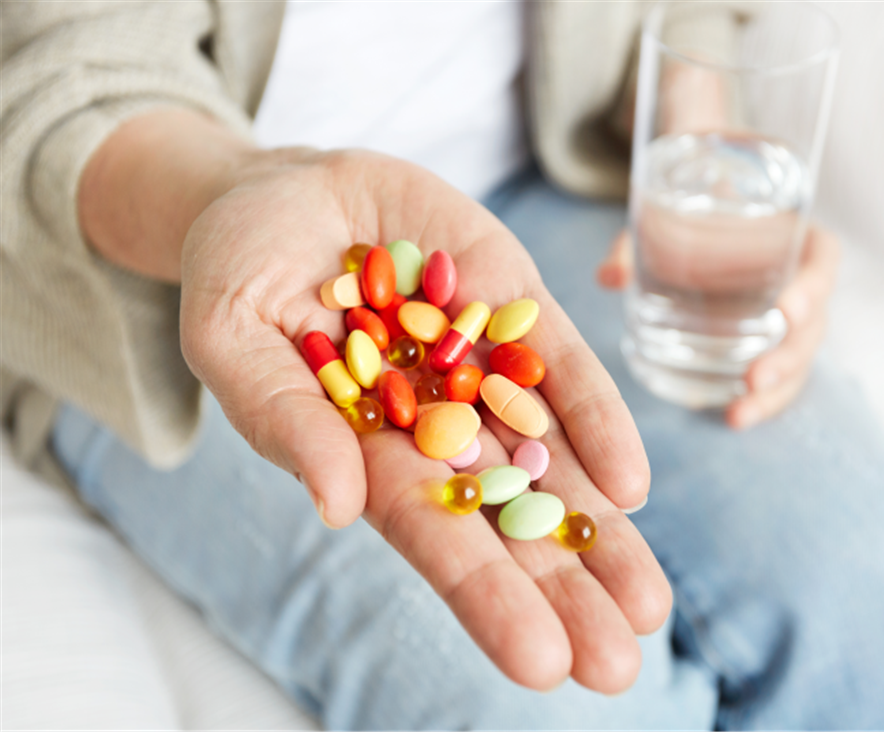Supplements are seen as the pathway to good health by some. Others consider them a waste of money. At the end of the day, supplements can help bring the body back into balance when used appropriately, or cause harm when used inappropriately. Much like any other highly refined substance, they are not in themselves a substitute for good lifestyle choices. Supplements do not necessarily address the underlying causes of poor health - they can end up an expensive bandaid solution that ultimately delays proper treatment.
Supplements abound on our supermarket shelves, pharmacies and health food stores. Regulatory authorities allow them to be marketed without the same restrictions as pharmaceuticals. They are also marketed without the same scrutiny for safety or quality as pharmaceutical products.
Marketing of supplements frequently includes promising statements such as “may be of assistance for…” . They are promoted for common day to day ailments such as migraines, PMS, fatigue, joint issues, and poor immunity.
The supplement label also frequently includes warnings against long-term use. So how good are supplements and what should their place be in health-care?
Supplements are products that contain highly refined nutrients such as vitamins, minerals, fatty acids and amino acids. They may also contain extracts of herbs.
In modern times there has been an explosion in the number of complementary products. This has been driven partly through popular demand and partly through the gap created after certain popular pharmaceutical products were removed from the market over concerns of safety.
Supplement formulas are designed for the market. There is little room for individualisation. The better a product works in the average person, then the greater the number of sales.
In more recent times regulatory authorities have surprisingly allowed the marketing of activated forms of vitamins. Despite the lack of long term safety data these products are surprisingly thought of as “safe”.
However, the majority of long-term studies in vitamin supplementation (more than a few years) suggest that general supplementation with high dose supplements is either of no benefit or increases the risk of cancers and cardio-vascular disease.
So what makes supplements so healthy? They are simply a refined product which never replaces good quality whole foods.
At the ANHH clinic supplements are recommended as the initial part of a treatment plan. The process is individualised and targeted towards achieving the best outcome with the least cost and risks.
Managing a symptom of an illness is not the end point of treatment. Holistic treatment is about addressing the cause behind the symptom. The basic questions asked include: When was the last time one felt well? What changed?
If the cause is not addressed, then good health simply doesn’t return. Health is likely to continue failing despite more supplements and medications to treat it.
If one wants to live a long healthy life, then a consult with a naturopathic practitioner may end up better value for money than trying out all the supplements available on the shelf.












